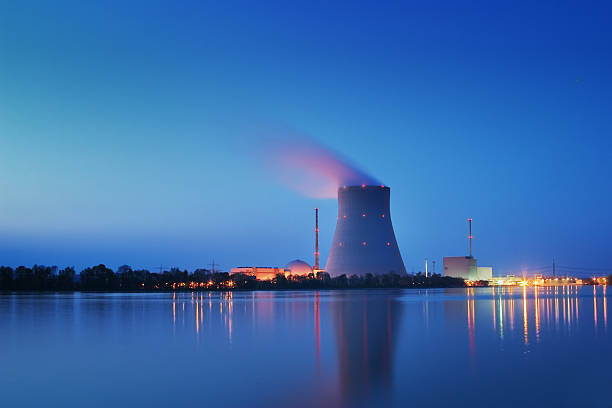UN Watchdog Reveals Iran Increased Its Enriched Uranium Supply

The International Atomic Energy Agency (IAEA), a United Nations watchdog group, revealed in its latest confidential quarterly report that Iran has increased its supply of enriched uranium over the last few months.
The report, which was seen by news outlets like Reuters and The Associated Press on Monday, showed that the country has grown its stockpile of uranium enriched to 60% purity. There was a significant difference between the latest report, and the last report made in February.
According to The Associated Press, the supply of enriched uranium of the said country has reached up to 30 times more as compared to the agreed amount between it and Tehran, including other world powers, during a 2015 deal.
The stockpile of enriched uranium of Iran has increased to more than 6,201.3 kilograms or 13,671.5 pounds. Since February up to present, there was a significant increase of 675.8 kilograms or 1,489.8 pounds.
IAEA director and U.N. nuclear watchdog chief Rafael Grossi, already gave its warning last month that the country has enough highly enriched uranium to build a number of nuclear bombs, in case it would decide on building them. He also acknowledged that the U.N. agency cannot give an assurance that none of the uranium centrifuges of Iran may have been located elsewhere for clandestine enrichment operations.
"The level of inspection [in Iran] is not at the level we should have," Grossi told Sky News.
The country itself maintained that its nuclear program is peaceful, at the same time, its officials have also declared that they can pursue atomic weapons.
There is still no agreement yet between U.N. and Iran over a deal made in 2023, which could expand the inspection of the nuclear program of the country.
Based on the report on Monday, Tehran has not yet reconsidered its decision, which prevented the IAEA nuclear inspectors from monitoring the country's nuclear facilities, The Hill reported.
Since 2018, when former President Donald Trump withdrew the U.S. from the nuclear deal of Tehran with world powers, there have been growing tensions between the IAEA and Tehran. From that time on, the country no longer adhered to the limits that the deal imposed on its program, and thereafter immediately pursued enrichment.
A look at the original deal forged in 2015, Iran was only allowed to enrich uranium up to 3.67% maturity with a stockpile of only 300 kilograms. The deal also limited the machines to IR-1 centrifuges and that the enrichment of the element must only be up to the levels that would be necessary for the generation of nuclear power. U.N. inspectors were tasked of monitoring the nuclear activities in the country and Tehran agreed to these in exchange to the lifting of economic sanctions.
Based on the recent IAEA report though, the simulation of the same setup might not be around the corner. Grossi also "deeply regrets" the decision of the Islamic Republic of not allowing inspectors to monitor their nuclear activities. Reversing that decision "remains essential to fully allow the agency to conduct its verification activities in Iran effectively."
© Copyright IBTimes 2025. All rights reserved.






















